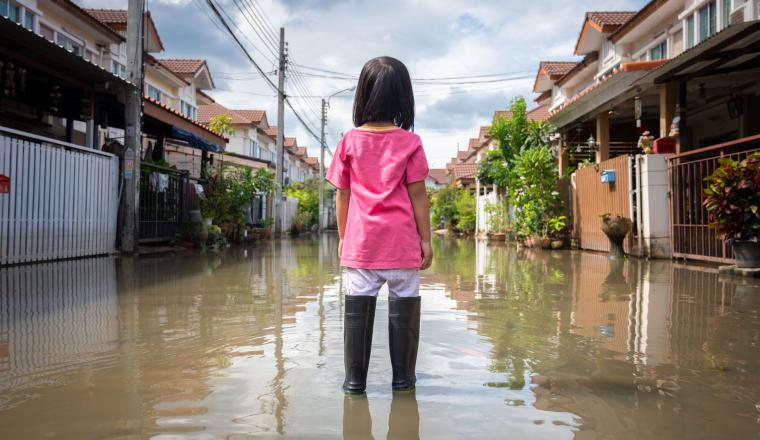Early Warnings for All (original) (raw)
The Early Warnings for All (EW4All) initiative aims to ensure universal protection from hazardous hydrometeorological, climatological and related environmental events through life-saving multi-hazard early warning systems, anticipatory action and resilience efforts by the end of 2027, as called for by the United Nations Secretary-General António Guterres in 2022.
With human-induced climate change leading to more extreme weather and climate conditions, the need for effective multi-hazard early warning systems is more crucial than ever. Systems that warn people of impending storms, floods or droughts and support action are not a luxury but cost-effective tools that save lives, reduce economic losses, and provide a nearly tenfold return on investment.
Early warning systems have already helped decrease the number of deaths and have reduced losses and damages resulting from hazardous weather, water or climate events. But major gaps still exist, especially in small island developing states and least-developed countries:

Access all the Early Warnings for All communication resources, including visuals, key messages, branding guidelines, logos and more.
